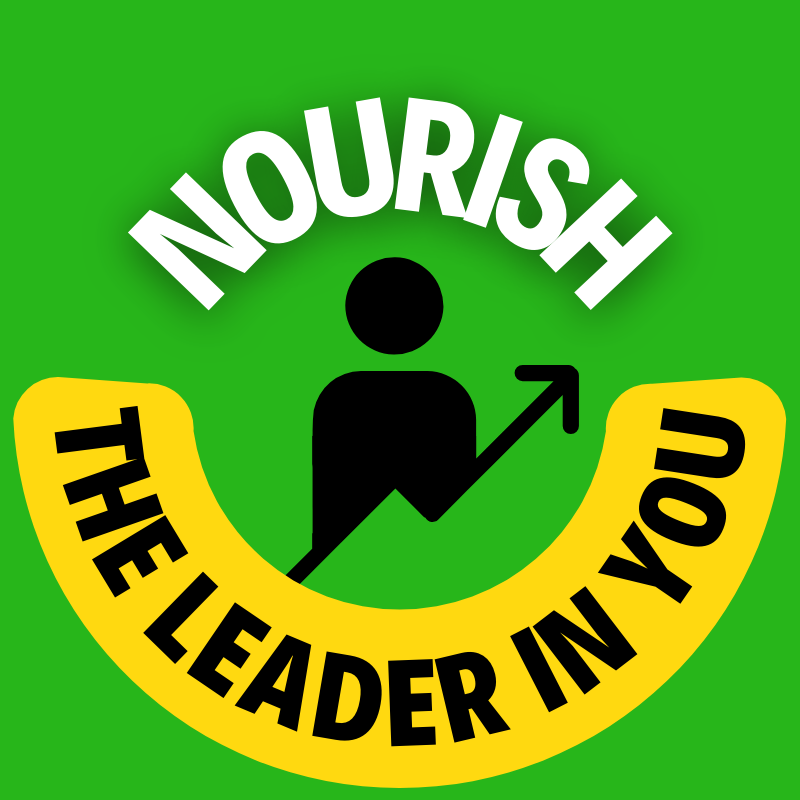How to achieve work-life balance: Art of Juggling Responsibilities
Work-life balance is a paramount challenge these days. In today’s fast-paced and demanding professional world, finding a healthy balance between work and personal lives can be difficult. But striving for work-life balance is important because it’s essential for our physical and mental health, productivity, and overall well-being.
As a professional at the beginning or middle level of your career with family and job responsibilities, finding harmony between your personal life and professional ambitions can be overwhelming. This comprehensive guide will delve into the strategies and practices that can help you achieve a fulfilling work-life balance and excel in both spheres of your life.
Understanding the Importance of Work-Life Balance
Achieving a work-life balance is not a luxury but essential for overall well-being and productivity. When you balance your work commitments and personal life, you can experience reduced stress, improved physical and mental health, enhanced focus, and increased job satisfaction. Balancing your responsibilities effectively enables you to be more present and engaged in your professional and personal life, fostering success in both domains.
Analyzing the Challenges Professionals Face
As a professional with family responsibilities, you may encounter various challenges that hinder your ability to maintain a healthy work-life balance. Some common obstacles include:
Time Management Struggles
Balancing the demands of a career and family can lead to time constraints, making it challenging to devote adequate time to both these areas. One of them gets more focus while the other gets neglected.
Guilt and Stress
You may experience guilt when you have to prioritize work over family or vice versa, leading to increased stress and anxiety.
Lack of Boundaries
Failing to establish clear boundaries between work and personal life can result in work spilling over into personal time. As you cannot complete your personal commitment, personal work spills over into work hours the next time, jeopardizing both work and personal life.
Burnout
Overworking and neglecting personal needs can lead to burnout, negatively impacting your professional and personal life.
Strategies to Achieve Work-Life Balance
Set Priorities and Goals
Identify your top priorities in both your personal and professional life. Set specific, measurable and achievable goals to ensure you allocate time and effort accordingly. Make sure to work only for those goals and nothing else unless you have spare time.
Create a Well-Structured Schedule
Develop a well-structured daily or weekly schedule with dedicated time slots for work, family, personal interests, and relaxation. Your schedule must include time for physical activities or sports, mental exercise like meditation and time for planning and prioritizing your work.
Learn to Delegate
Delegate some of your tasks at work and home to someone else who can do them with the same perfection or better. Delegation will free up your time to focus on the most important things. Delegate tasks that are of low value and can be done by someone else at a lower hourly cost than yours.
Establish Boundaries
One of the most important things you can do is set clear boundaries between work and personal life. Avoid taking work calls or checking work emails during personal time. Similarly, do not work on personal priorities during your planned work hours, even if you are working from home.
Embrace Flexibility
Seek flexibility in your work arrangements whenever feasible. Flexible work hours or remote work options can provide a better work-life balance. Even though I favor flexible working hours, I would still recommend dedicated slots for personal and professional life and not mixing the work as it can create unnecessary stress.
Learn to say ‘No’
It’s important to say ‘No’ to requests that will take up too much of your time or energy without adding value to your life. If you’re already feeling stretched, protecting your time and energy for the most important things is essential.
Practice Self-Care
Prioritise self-care activities such as exercise, meditation, hobbies, and spending quality time with loved ones to recharge and reduce stress.
Conclusion
In conclusion, achieving a work-life balance is a continuous journey that requires commitment and effort. By implementing the strategies and practices outlined in this article, you can gradually find harmony between your professional and personal life. It is important to remember that work-life balance is not about achieving perfection but making conscious choices and prioritizing your well-being and happiness. By taking proactive steps and staying dedicated to maintaining this balance, you can lead a fulfilling and successful life both personally and professionally.




One Comment